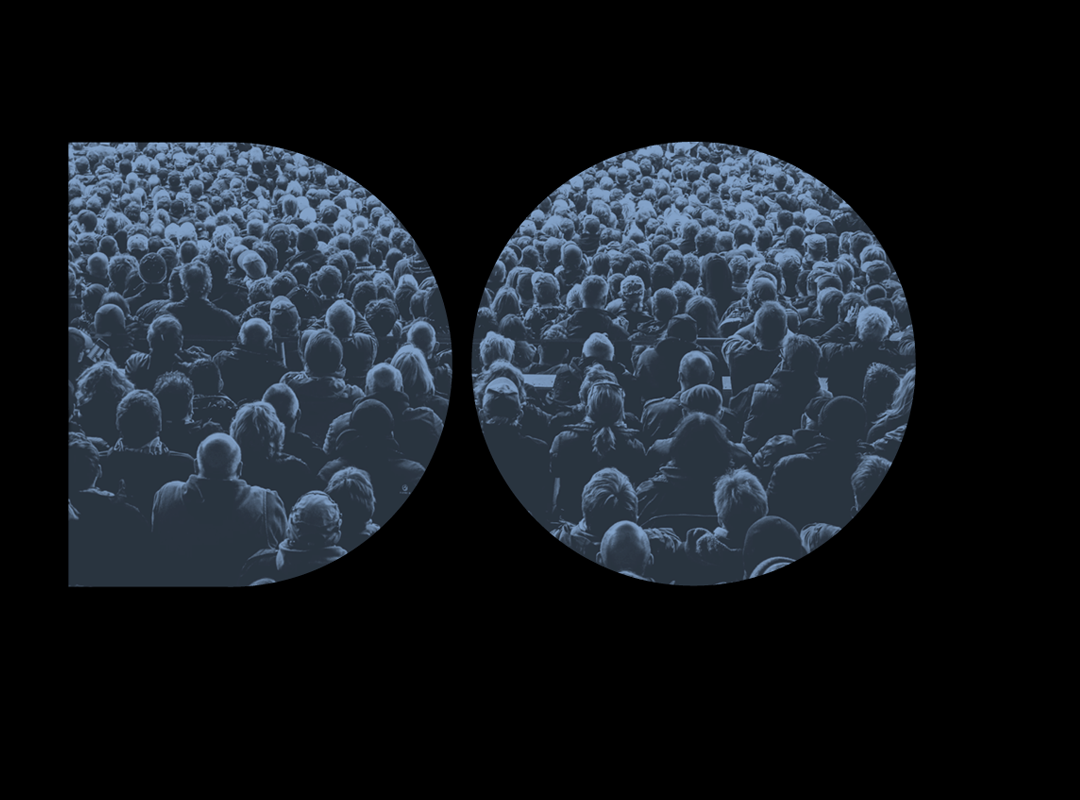
September 25, 2014
Dear Bonnie: Annoyed in Amsterdam
Dear Bonnie,
I am a reasonably seasoned designer with a reputable practice, but I am noticing more and more that certain clients are behaving in a way that I find just infuriating. Despite the contractually agreed-upon scope of work, they come to me halfway through with images of other people’s work—that they’ve found online—and they’re asking me to match it. Not only is this wrong legally and ethically (why would anybody copy anybody else’s work?), it bugs me to no end that just because they can do Google searches on their own time, they do, and then try to (badly!) art direct me. Am I just being insecure here, or am I doing something wrong?
Annoyed in Amsterdam
Dear A.
I am not sure if I can tell you if you’re dong anything wrong, since you have only told me what the client has done. That said, I’m going to paraphrase a line from Friday Night Lights (always a great source of inspiration—seriously): “You can only be treated how you let someone treat you.” In other words, your situation isn’t happening to you in a bubble. It is a relationship and you are half of it.
Complaining about (or worse, blaming) clients is a lazy way to deal with difficult relationships. The better thing to do is handle issues like this immediately. The very first time you feel that there is a disconnect, talk to your client. Chances are pretty good that you both will end the call wishing you’d spoken sooner rather than just using email, where misunderstanding breeds.
I once had a very difficult client who—I was convinced—just hated me and I, in turn, didn’t like her right back. The logical conclusion, of course, was that she was just a “bad” client. I decided to conduct an experiment in which I would make her like me. I tried really hard and eventually, everything about her attitude toward me changed. The most surprising part? I started to actually like her too!
Anyway, back to your question. Showing you other people’s work to “match” (whatever that means) is rude, disrespectful, and just plain wrong. I assume that this must have happened after a difficult conversation or when they weren’t happy with a presentation. And, again, as soon as you received their Google-searched “inspiration” (or better yet, as soon as you felt something might be wrong), you should have called them to talk about the whole situation. They may have felt they could communicate better with images than with words, or, more likely, that you would understand images better than words. Wrong, I know, but there it is.
Most importantly, remember this: your client can’t art direct you unless you let your client art direct you.
Observed
View all
Observed
By Bonnie Siegler
Recent Posts
Why scaling back on equity is more than risky — it’s economically irresponsible Beauty queenpin: ‘Deli Boys’ makeup head Nesrin Ismail on cosmetics as masks and mirrors Compassionate Design, Career Advice and Leaving 18F with Designer Ethan Marcotte Mine the $3.1T gap: Workplace gender equity is a growth imperative in an era of uncertainty



